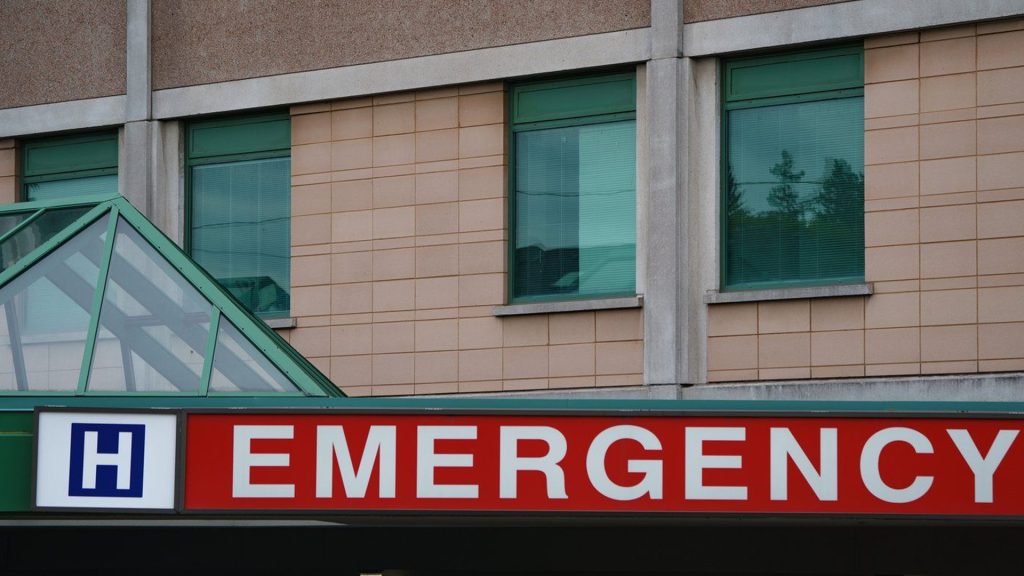Day Four: Suspected ISIS fighter comes in from the front lines for treatment
Posted July 6, 2017 11:09 am.
Last Updated July 6, 2017 11:11 am.
This article is more than 5 years old.
June 2, 2017
I have spent days witnessing first-hand the destruction and devastation caused by ISIS in West Mosul, Iraq.
Heads blown to bits by snipers, amputations from booby-traps and IEDs, starvation, dehydration, mangled body parts from crush injuries. ISIS uses civilians as human shields, cramming innocent people into homes and then setting up positions on the roof. Iraqi and coalition forces then target the building for mortar and air strikes, killing and injuring god knows how many civilians.
I have seen too many people placed in white body bags, zipped up with their names written on top in marker.
Our Trauma Stabilization Point is the closest medical treatment for those injured at the front line. Volunteer doctors, paramedics and EMTs work alongside Iraqi Special Forces medics to do what they can before sending them to the nearest hospital for treatment.
And then this happened:
A critically injured man was dropped off outside our abandoned-mosque-turned-makeshift-clinic. His one leg was badly burned. He had some kind of a bloody bandage around his throat. The volunteers got to work to try to determine the injuries, but the mood of the Iraqis was unusual. They weren’t assisting.
The man whose life Mel and others were trying to save was a suspected ISIS fighter: the signs he was making with his hand (pointing his right finger up in the air), his newly cut beard and hair, the absence of any ID or accompanying family: all this, and more, made the military believe he was ISIS.
One theory is he accidentally detonated an IED, burning his leg, and getting a large nail lodged in his throat. Others wonder whether he had been caught by someone and tortured.
Doctors don’t have a moral dilemma over this; they can’t. It is their duty to give care without judgement.
After receiving treatment, the man was transported to a Médecins Sans Frontières (MSF) hospital. MSF is a neutral organization that does not give preferential treatment in any conflict, and treats everyone impartially, regardless of their background, affiliation, race or ethnicity.
The video of his medical treatment can be seen below. Further updates from my time in Iraq will be posted here.
Two Kilometres to Terror: Life and Death Under ISIS, a one-hour documentary from reporter Avery Haines, airs Sunday July 9 at 10 p.m. on CityNews stations across the country.










